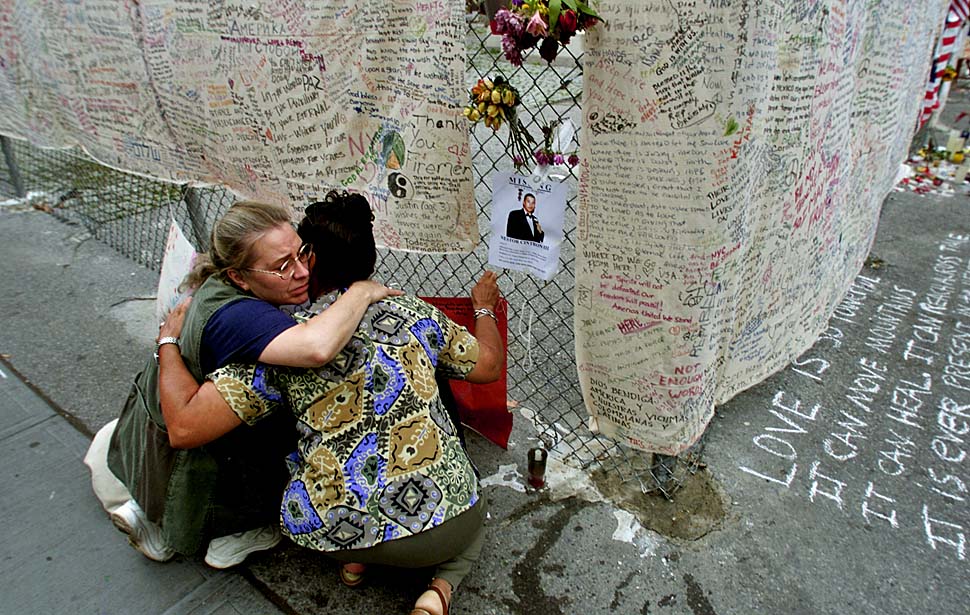There is something compelling about the passage of a decade that calls us to deep levels of reflection. As a measure of time, it marks great significance for Westerners. Ten years have passed: What has changed? What have we accomplished? What have we learned? With the ten-year anniversary of September 11th, Americans have been moved to pause and remember. For me, I remember descending into the heartbreaking stench of molten metal and flesh on one of the early flights into New York shortly after travel resumed and planes were empty. I was a member of a quick-response national research team selected to research and serve community response. Like those I studied, I was compelled to act, desperate to do something to ease the suffering and heal the loss. What I learned in the tender exchange of aching hearts, raw in their vulnerability amidst the haze of ash and trauma, reflects the heart of what has changed since then from my perspective.
At the time, there was an immediate sense that life as Americans knew it perished with those 2,977 lives on that blue-sky day. We awakened to what we were taking for granted as it vanished with the Twin Towers. From the perspective of today’s anniversary, one headline explains the loss as “America’s decade of lost optimism.” For the club of “old guys” talking around their usual table at the local coffee shop, however, it has been like Japan’s “lost decade” of economic decline. For others, though, the loss marked a return to what matters most – not the pursuit of happiness, but happiness itself, present in the simple acts of love and the healing power of community, like was true for those first responders at Ground Zero. The change marked the resolve to live life for something positive and meaningful and connected.
What have we accomplished this decade? The Economist (9/3-9/9/11) summarizes it well: al Qaeda dismantled and Osama bin Laden dead; 6,000 American and allied soldiers killed in Iraq and Afghanistan; 137,000 civilians killed and 7.8 million refugees created in Afghanistan, Iraq, and Pakistan; wars’ ultimate cost at $4 trillion (U.S. cumulative deficit 2005-2010), and anti-Americanism higher. Perhaps accomplishment is the wrong word.
What have we learned? I hope that we have learned what those first responders taught through my research: that community is the strongest resource that we have as we navigate the challenges and opportunities of the 21st century. I look to those that said “Not in my name” as role models, and hear the wisdom expressed by Josh, who worked on the bucket brigade: “I feel a greater resolve now to speak the truth that I know… and speak it from a place of love. To know that I’ve had some piece of that legacy in my life, then it will be a life well lived.”
At this decade’s pause, while we remember and honor those whom we have lost since September 11th, 2001, let us also ask how we can come together as community and serve the present and future generations of all species as we live and leave our legacy.
Image source: Los Angeles Times Photography




